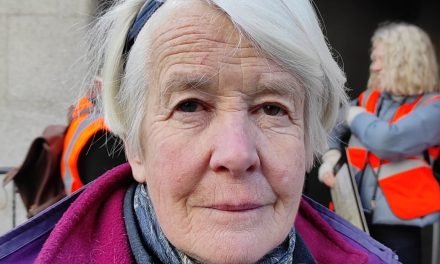Rishi Sunak is contemplating alterations to some of the UK’s key green commitments, according to multiple sources briefed by the BBC. The changes, which could have far-reaching implications, include delaying the ban on the sale of new petrol and diesel cars and scaling back the plan to phase out gas boilers.
The Prime Minister responded to these reports by reaffirming the government’s dedication to achieving net-zero carbon emissions by 2050. He emphasized the need for a more balanced and pragmatic approach to meet this ambitious target, highlighting the importance of transparency in addressing the associated costs and trade-offs.
Proposed Policy Changes
Key policy adjustments under consideration include:
- Delaying the Petrol and Diesel Car Ban: The government may extend the current deadline of 2030 for the ban on the sale of new petrol and diesel cars to 2035.
- Scaling Back Gas Boiler Phase-Out: The plan to phase out gas boilers by 2035 could undergo modifications, with a focus on achieving an 80% reduction by that year.
- Energy Efficiency Regulations: Homeowners and landlords may receive news that new energy efficiency regulations for homes are not on the horizon, potentially avoiding fines for non-compliance.
- Postponing the Off-Grid Oil Boiler Ban: The proposed 2026 ban on off-grid oil boilers might be deferred to 2035, with an 80% phase-out goal.
- No New Taxes or Policy Changes: Britons could be informed that there will be no new taxes to discourage air travel, no government initiatives to alter dietary habits, and no measures to promote carpooling. The government is also considering ruling out cumbersome recycling schemes.
Political Implications
If implemented, these changes would represent a significant shift in the Conservative Party’s stance on achieving net zero carbon emissions. It could also create a stark division with the Labour Party over environmental policy.
Responses to the proposed alterations have been diverse. Critics argue that diluting green policies may have adverse economic consequences, while proponents see pragmatism as necessary to meet achievable targets.
As the government contemplates these potential changes, the debate over the UK’s environmental policies and their impact on the nation’s climate goals remains at the forefront of public and political discourse.
Lead photo: Rory Arnold










